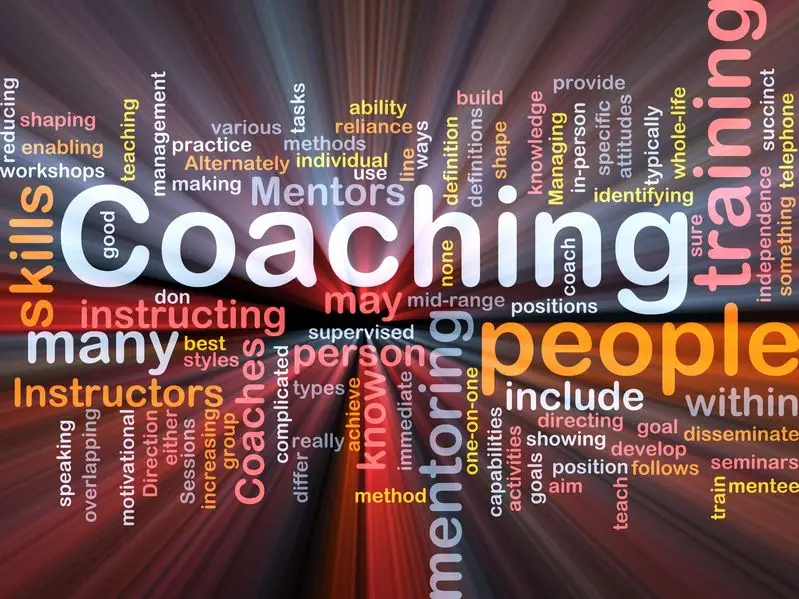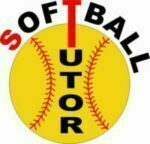
The Softball Competitive Phase is where the action is. All of the preparation, planning and strength training prior to this and during the preparation phase has been for this time period. In the simple training plan there only needs to be one section for this phase. When you are working on a more intricate Yearly Training Plan there are 2 parts to this phase.
Softball Competitive Phase Guidelines
- biomotor and psychological skills refinement
- consolidation of technical skills
- refine tactics
- maintain physical conditioning
90% of activities during this phase must be specific and with a purpose. The other 10% can be used in activities to promote regeneration and to decrease the psychological intensity that comes with competition. It is critical that you maintain the physical conditioning acquired during the preparation phase as fatigue will begin to develop by the end of the competitive phase.
Volume and Intensity
The intensities will increase during the softball competitive phase with the volume decreasing. Game situations bring their own levels of intensity which will need to be counter acted with good mental training strategies using mental training skills. Because softball is a power and speed sport, this will add to the intensity of training and competing.
Monitoring performance will tell the coach or trainer if the training was reduced too much or not enough during the specific preparation phase.
Pre-Competitive Phase
This phase is for the final preparations before the main competitive phase begins. It is important to maintain physical training and no official competitions should take place. Exhibition games and tournaments occur and are used to refine technical and mental skills. They are essentially a testing ground for the main competitive phase.
Main Competitive Phase
This phase is specific to perfection and optimal performance. Physical, technical, tactical and psychological training are focused on the performance specifics of softball. Volumes will decrease and intensities will increase in preparation for the main event. It is important though to only train at max intensity 2-3 times per week during this phase to avoid fatigue.
2 weeks before the main competition will contain activities for the purpose of tapering and preparing to maximize all energies mentally, technically and physically for the tournament. It is advisable for teams to play in tournaments every other weekend during the softball competitive phase rather than every weekend to ensure adequate recovery and regeneration during this time.
Use each tournament to build on the previous one and to make refinements as you arrive to the main regional, state/provincial, or national tournament. The last 6-8 microcycles of this phase should only be about the main competition and everything you can think of in training for it specifically. Use your model as a guideline.
Unloading / Tapering
This is the best way to reach supercompensation, or to “peak” at the right time for the main competition. Athletes rest and recover their body and energize for the most important tournament of the year. This macrocycle should only be 2 weeks and should focus on psychological as well as physical regeneration. Creating a positive and confident environment and assisting the athletes in removing the stresses of competition and the anxieties that may arise as a result of the upcoming competitions.
The first week
- maximum of 2 daily training lessons
- reduce training volume to 50%
- maximum of 2 high intensity, dynamic and short training lessons
- 2 weight training sessions
- mostly low to medium intensity
The second week
- no physical training
- low intensity activities
- maximum 2 lessons per day
- rest and recovery
Prepare your athletes for competition. They should be aware of what to expect and have as much information on the opponents as possible. The more the team knows the easier it will be to prepare. The unexpected will cause anxiety and can effect the performance of the team.

